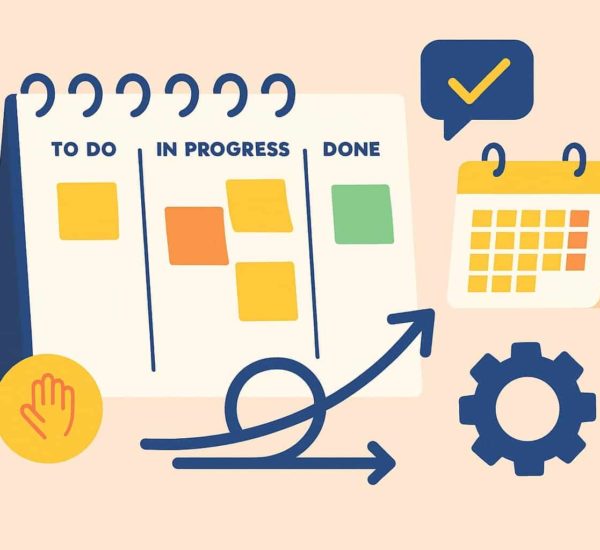In today’s dynamic work environment, trust plays a pivotal role in fostering employee productivity and satisfaction. Yet a recent survey by Slack Workforce Lab illuminated a concerning reality – more than 1 in 4 desk workers do not feel trusted at work. At the same time, the study also demonstrates the power of trust as a catalyst for enhanced performance and overall work experience. This blog delves into the findings of the Slack Workforce Lab survey, focusing on actionable strategies to address the issues and opportunities discovered.
A. The Trust-Productivity Connection
The survey highlights a critical link between trust and productivity. Contrary to the burgeoning activity tracker industry, the research indicates that trust is a much more impactful determinant of workplace success. Employees who feel trusted demonstrate:
- 2.1x better focus
- 2x higher productivity
- 4.3x greater overall satisfaction with work
Moreover, trusted employees are more likely to exert extra effort and go above and beyond their duties, creating a positive cycle of commitment and dedication.
B. The Impact of Distrust
On the flip side, employees who don’t feel trusted experience detrimental effects on their satisfaction and contribution. The data reveals that distrust leads to:
- 2.3x higher stress and anxiety levels
- 2.1x worse access to relevant people, files, and resources at work
- 4.2x lower sense of belonging
The repercussions of distrust extend beyond individual employees, affecting managers’ perceptions of their teams and increasing the likelihood of employee turnover.
Two Actionable Solutions
Rethink Productivity Tracking
Traditional productivity tracking methods invariably build distrust with employees. Rather than relying on intrusive measures like location and app tracking, consider adopting more elective employee-driven tools like AttendanceBot. If you need to manage time use, these tools allow for time tracking without compromising accuracy or privacy, as they don’t collect device or location data. By empowering employees with low-effort ways to self-report time accurately, organizations can foster a culture of trust while still maintaining accountability.
Transparency is a Trust-Building Measure
Transparency is a cornerstone of trust. There are a million ways to develop transparency in your culture, but a good place to start is with tools that make shareable data shared. As just one example, AttendanceBot brings better visibility to calendars and project work, allowing Slack teams to stay in the loop with fun upcoming plans or important periods of absence. Sharing these details not only fosters camaraderie and connection, but helps teams coordinate more effectively week to week.
Conclusion
In the quest for enhanced productivity, it is crucial for organizations to recognize the central role trust plays in shaping employee experience. By investing in tools and tactics to avoid distrust and improve transparency, businesses can create a workplace where trust thrives, and ultimately achieve meaningful improvements to productivity, satisfaction, and retention.



